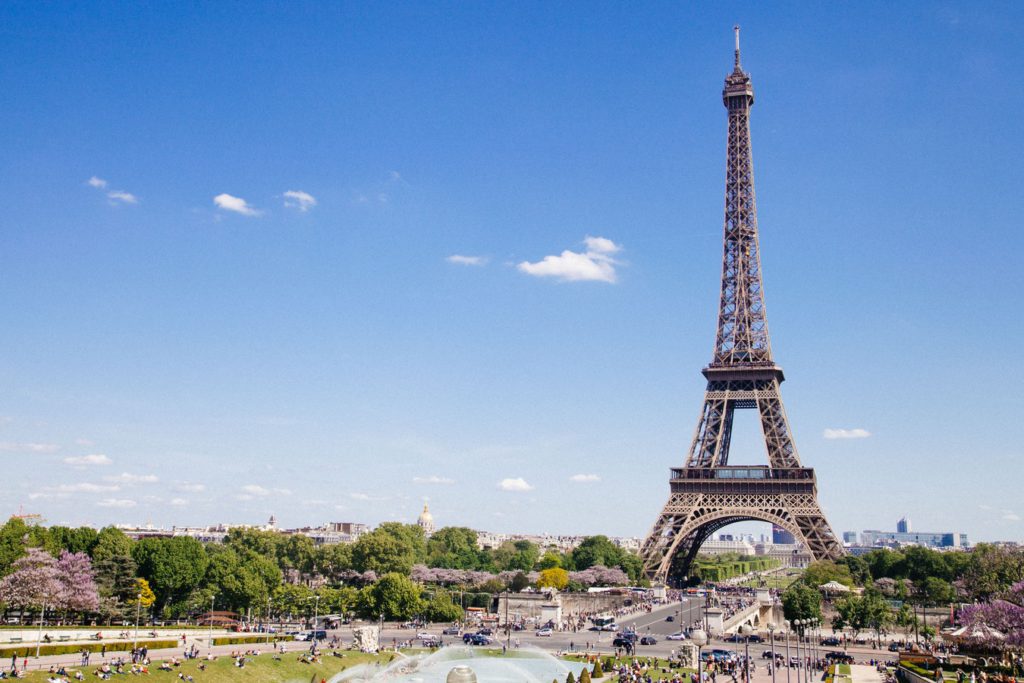Politico Q&A Session: Deputy Mayor for Paris answers on air quality & VW Scandal
Paris is trying to clean up its smoggy air by ridding its streets of diesel cars by 2025 and increasing bike lanes. The city’s Deputy Mayor for Transport Christophe Najdovski is at the helm of that shift.
Incremental reforms by Paris city authorities over the last year include banning cars from the Champs-Élysées boulevard on certain days, and clearing first the left bank and then the right of the Seine river for pedestrians only.
This is all in response to the air quality in the congested city center, which very briefly in 2015 snagged the dubious honor of having the dirtiest air in the world by one measurement.
With the Dieselgate scandal still rumbling on, Najdovski told POLITICO why those kinds of decisions will help redefine the Paris and the automotive sector.
Why phase out diesel cars, and what will be the impact?
We are working on two levels, the first is to develop all the alternatives to the use of individual cars. It means investing massively in public transport, in bike lanes and in car sharing systems. Second, we also have to improve the cars and reduce emissions from them. So we have to react and reduce [the use of] diesel cars because the main part of pollution comes from them. They represent more than 60 percent of the cars driven in France, and they represent the main part of the nitrogen dioxide emissions and fine particles. These are the most toxic local pollutants. That’s the reason why we have to make post-diesel cities.
Is 2025 a realistic goal?
The action of Paris is changing the rules and changing the perception that the public has toward diesel, and also changing the car manufacturers. You see what happened with Volkswagen, it decided a few months ago to give up on diesel and make electric cars. So, we are changing the model of manufacturing. We are on the way to making more liveable cities.
Is diesel dead?
I think we will have a strong decrease of the sale of diesel cars in France, especially in the big cites and especially in Paris. We also have an extraordinary increase in the sales of electric cars. I think we are at the moment [in a situation where] people are switching to a new model of using cars.
What other transport solutions are you looking at?
We can do two things. First, we need to bring more investment in to public transport to make it more comfortable, more secure and more attractive for people. Then people who are using cars now can leave them behind. Also, we have to bring solutions for people who are taking public transport but who are able to use bikes, but don’t for reasons of safety. By building safe bike lanes and a bike network at the level of greater Paris I think we have an opportunity to decentralize the public transport system.
